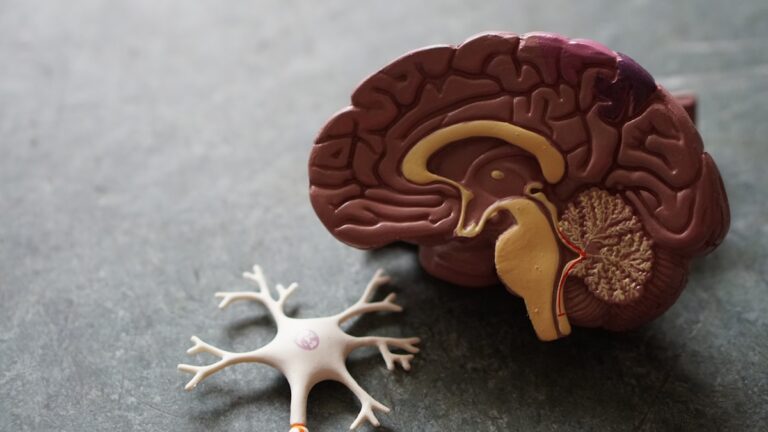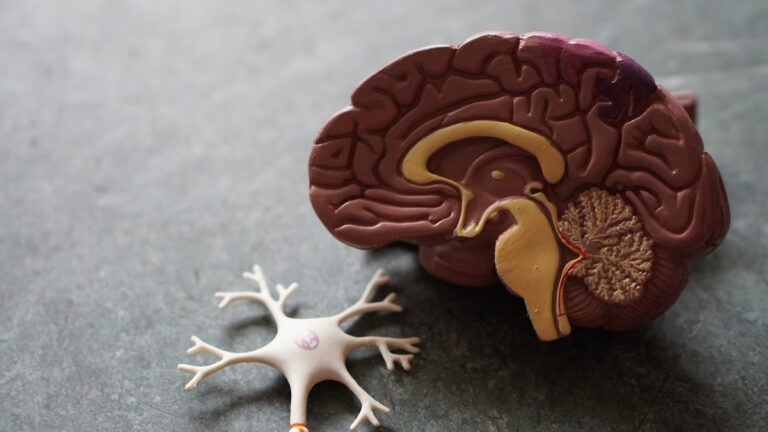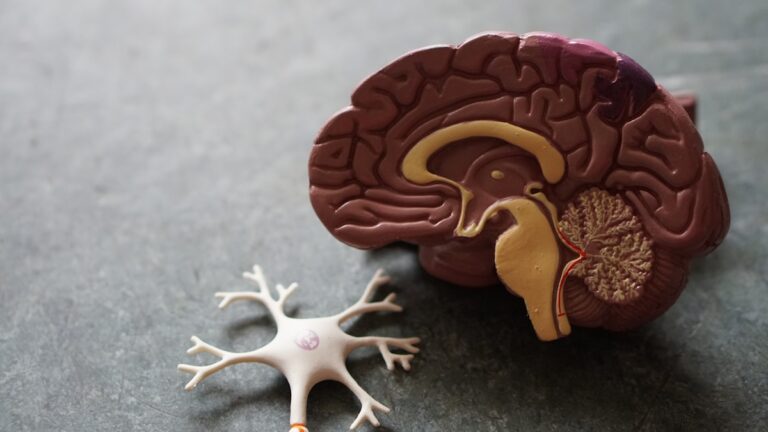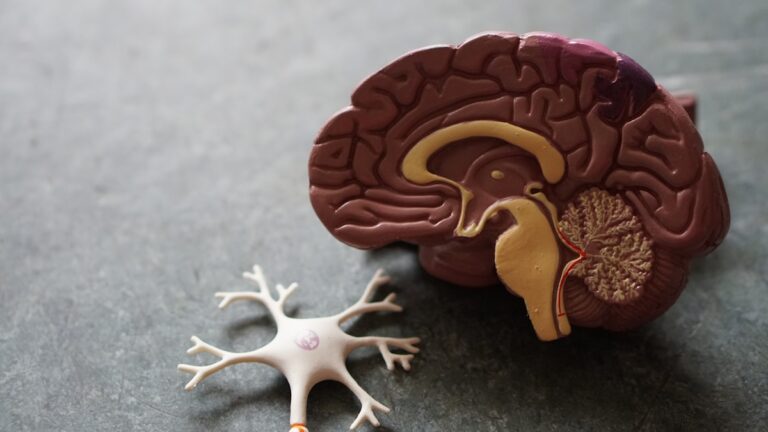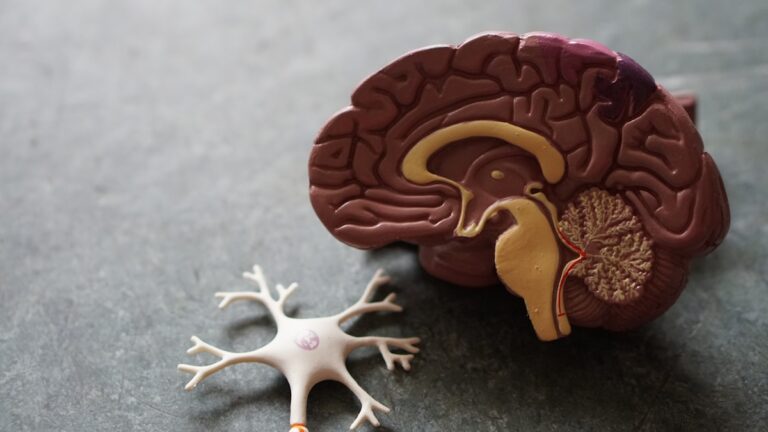### Exploring Innovative Cognitive Training Programs for Alzheimer’s
Alzheimer’s disease is a complex condition that affects millions of people worldwide. While there is no cure, innovative cognitive training programs are being developed to help manage the symptoms and improve the quality of life for those affected. In this article, we will explore some of the latest and most promising cognitive training programs designed for Alzheimer’s.
#### 1. **StrongerMemory Program**
The StrongerMemory program is a comprehensive approach to Alzheimer’s caregiving. It offers evidence-based strategies for managing the disease, from early-stage symptoms to late-stage care. This program focuses on simple daily activities that engage working memory and stimulate brain activity in the prefrontal cortex. These methods have been shown to help stabilize or even improve cognitive functions.
Caregivers can learn practical strategies to manage agitation, delusions, and sleep disturbances, as well as techniques to enhance communication with loved ones and reduce caregiver stress. The program is designed for those with mild cognitive challenges or an early diagnosis of dementia, making it an excellent starting point for many families dealing with Alzheimer’s[1].
#### 2. **Virtual Reality Interventions**
Virtual reality (VR) is another innovative tool being used to improve cognitive function in individuals with mild cognitive impairment (MCI). Research has shown that VR interventions can significantly improve memory, attention, and information processing speed. These improvements are particularly notable in older adults with MCI, suggesting that VR could be a valuable tool in cognitive rehabilitation[2].
VR cognitive training involves engaging the brain actively, which stimulates more active cognitive processes. This type of training focuses on specific cognitive tasks, unlike dual-task training which may introduce more distractions and affect cognitive performance. Immersive VR has been shown to have a significant impact on improving attention and information processing speed, making it a promising approach for cognitive enhancement.
#### 3. **Assistive Technology for Dementia Care**
Assistive technology (AT) is being developed to help people with dementia stay active and engaged. These technologies aim to remind individuals of daily events and personal appointments, encouraging them to participate in social, physical, and cognitive activities. By using user-centered design principles, these systems are tailored to the unique needs of each participant, ensuring they are easy to use and effective in improving quality of life[3].
For example, a custom-designed device might include games based on a user’s needs, ensuring that the technology is both practical and engaging. This approach not only improves independence but also enhances social engagement, which is crucial for individuals with dementia.
#### 4. **Transcranial Pulse Stimulation (TPS)**
Transcranial Pulse Stimulation (TPS) is a non-invasive therapy that uses low-energy shock waves to stimulate deep brain regions. This technology has been CE-marked for the treatment of Alzheimer’s disease since 2018 and has shown promising results in improving cognitive function and quality of life for patients. TPS is particularly appealing because it is non-invasive, convenient, and requires minimal discomfort during treatment sessions[4].
The integration of the BodyTrack software enhances precision and personalization in treatment by displaying individual brain features in three perspectives and automatically adjusting target regions based on handpiece position. This real-time visualization ensures optimal outcomes and makes TPS a valuable addition to neurological care.
### Conclusion
Innovative cognitive training programs like the StrongerMemory program, VR interventions, assistive technology, and TPS offer new hope for managing Alzheimer’s disease. These approaches not only improve cognitive function but also enhance the quality of life for individuals with Alzheimer’s and their caregivers. As research continues to evolve, it is clear that a multifaceted approach to cognitive training will be essential in addressing the complexities of this condition.
By leveraging these innovative tools, we can provide better support and care for those affected by Alzheimer’s, helping them live more fulfilling lives despite the challenges posed by the disease.
